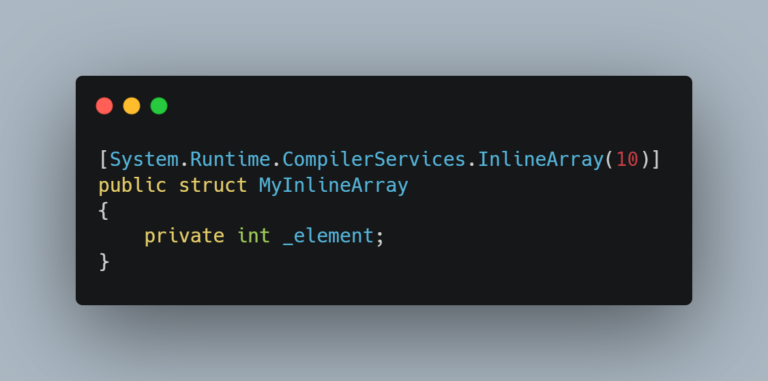NET 8 – Serializing properties from interface hierarchies
.NET 8 adds support for serializing properties from interface hierarchies. This means that all the properties from all interfaces in the hierarchy will be included in the serialization. The most important thing is where you start. Let’s take the following hierarchy as an example: Now, during serialization, if you pass along a Derived2Impl instance stored…
